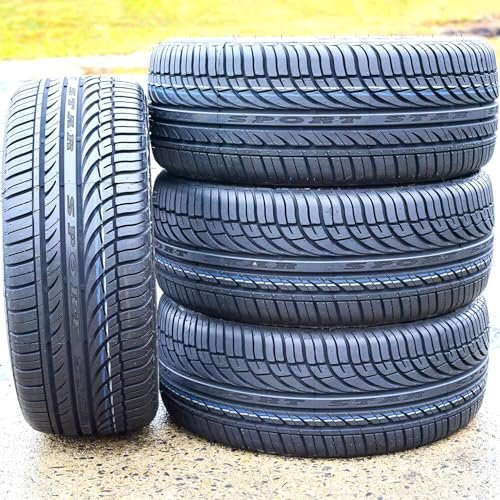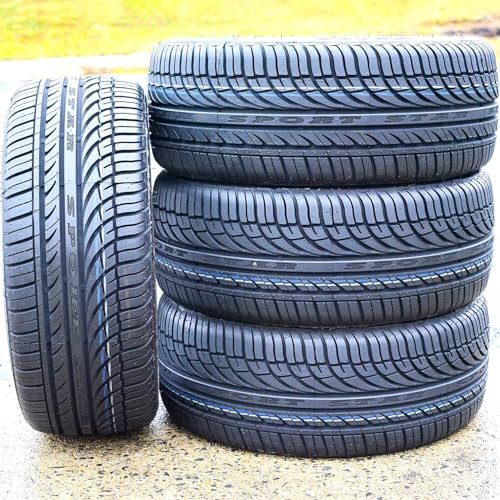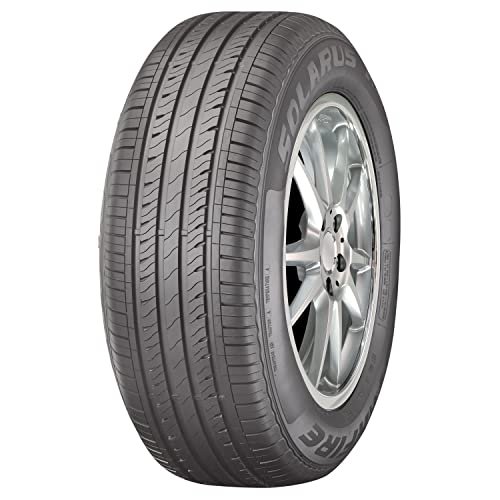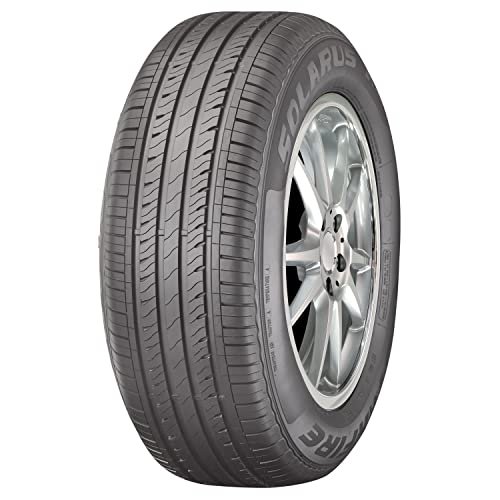Your Hyundai check engine light is on because the onboard diagnostic system has detected a problem with the vehicle’s engine, emissions, or other crucial components. It’s important to have the vehicle’s diagnostic trouble codes read by a professional mechanic to identify the specific issue.
When your Hyundai’s check engine light illuminates, it could be a sign of various potential problems ranging from a loose gas cap to a serious engine or transmission issue. Ignoring the light can lead to more severe problems and potential damage to your vehicle.
Promptly addressing the issue will help prevent further complications and ensure the vehicle continues to operate efficiently. A professional diagnostic scan can pinpoint the exact problem, allowing for a swift and effective resolution.
What The Hyundai Check Engine Light Signals
The Hyundai check engine light is a crucial indicator that signals potential issues with the vehicle’s engine, emission control system, or transmission. When illuminated, it functions as a warning system to alert drivers of a range of problems that may affect the vehicle’s performance or emissions output.
The check engine light serves as a diagnostic tool, utilizing onboard computer systems to monitor various components and sensor data. When anomalies are detected, the light indicates potential issues, such as emission control problems, engine misfires, or faulty sensors. It is essential for drivers to address the situations identified to prevent further damage to the vehicle and ensure its proper functioning.
Faulty Oxygen Sensor
Faulty Oxygen Sensor can greatly impact emissions and fuel economy. When an oxygen sensor malfunctions, it can cause the engine to run too rich or too lean, affecting the emission levels and fuel economy. Additionally, a faulty oxygen sensor can also lead to poor engine performance, causing the vehicle to run rough or have a decrease in power. It is essential to address the issue promptly to avoid potential damage to the catalytic converter and ensure optimal performance and efficiency.
Loose Or Damaged Gas Cap
When the check engine light in your Hyundai is on, a potential culprit could be a loose or damaged gas cap. A loose gas cap can allow fuel to evaporate, impacting the fuel system and triggering the check engine light. In addition, a damaged gas cap can lead to potential side effects on the engine, causing decreased fuel efficiency and increased emissions. It’s essential to address this issue promptly to avoid further damage to your vehicle.
Issues With The Mass Airflow Sensor
If your Hyundai’s check engine light is on, it could be due to issues with the mass airflow sensor. Common symptoms include rough idling, stalling, and reduced engine power. Regular maintenance and cleaning can help prevent these problems. If the issue persists, consult a professional mechanic for a thorough inspection and potential replacement.
| Impact on Engine Performance | Significance in Fuel Regulation |
| The mass airflow sensor plays a crucial role in regulating the air-to-fuel ratio in your Hyundai vehicle. A malfunctioning sensor can lead to irregular engine performance. This may result in issues such as rough idling, stalling, or a noticeable decrease in power and acceleration. It’s essential to address any concerns related to the mass airflow sensor promptly to ensure optimal engine functionality. | Through its contribution to fuel regulation, the mass airflow sensor directly impacts fuel efficiency and emission levels. A faulty sensor can disrupt the delicate balance of air and fuel mixture, potentially leading to poor fuel economy and increased emissions. Keeping the mass airflow sensor in optimal condition is vital for maintaining fuel efficiency and reducing the environmental impact of your vehicle. |

Credit: www.northfreewayhyundai.com
Frequently Asked Questions For Why Is My Hyundai Check Engine Light On
What Does It Mean When My Hyundai’s Check Engine Light Comes On?
The check engine light could indicate a range of issues, from a loose gas cap to more serious engine problems. It’s important to have it checked by a professional to accurately diagnose the issue.
Can I Still Drive My Hyundai If The Check Engine Light Is On?
In some cases, it may be safe to drive with the check engine light on, but it’s best to have your vehicle checked as soon as possible to prevent potential damage and costly repairs.
How Much Does It Cost To Fix The Check Engine Light On A Hyundai?
The cost to fix the check engine light on a Hyundai can vary depending on the underlying issue. It’s recommended to have a professional diagnose the problem to provide an accurate estimate for the necessary repairs.
Conclusion
When your Hyundai check engine light comes on, it can be a sign of various issues. It’s crucial to address the problem promptly to prevent further damage. By understanding the common causes and seeking professional help, you can ensure the safety and performance of your vehicle.
Keep an eye on your check engine light and act accordingly.







